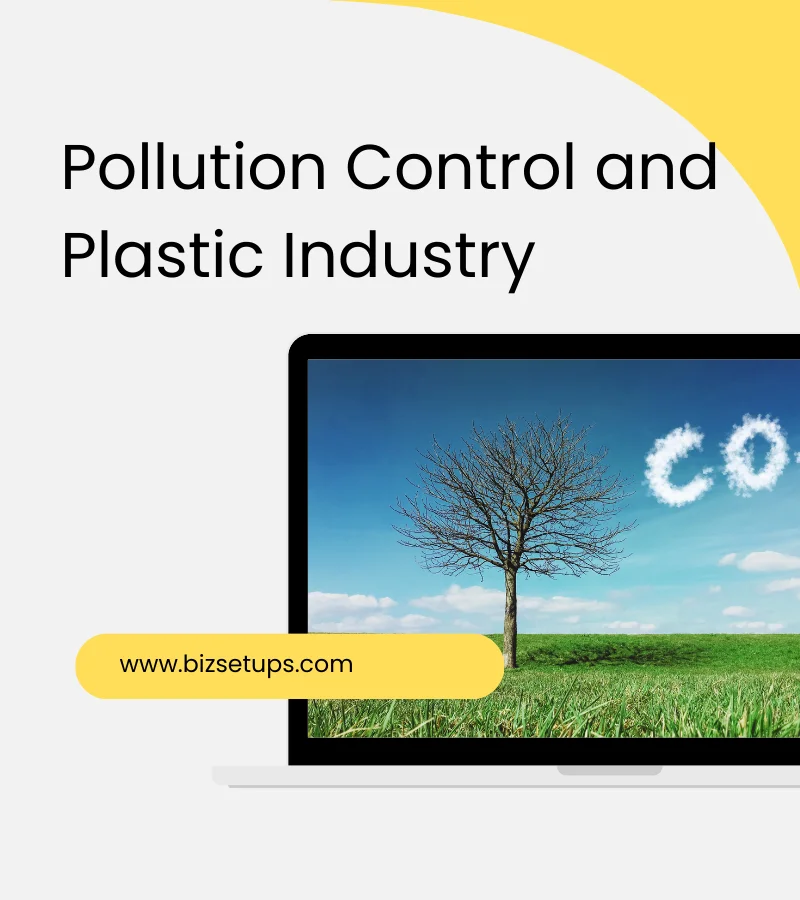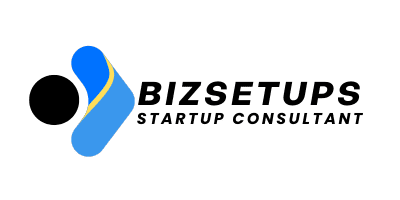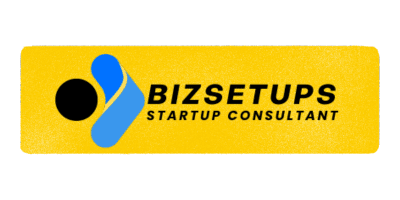Expert guidance for environmental compliance, pollution control & plastic industry regulations
Pollution Control & Plastic Industry Consultancy – Sustainable Compliance & Business Solutions
With increasing environmental regulations and sustainability requirements, businesses in the manufacturing, plastic, and industrial sectors must ensure pollution control compliance to operate legally and sustainably. Whether you’re setting up a new plastic industry unit, applying for pollution control licenses, or managing waste disposal, expert consultancy ensures compliance with CPCB, SPCB, and environmental laws.
At BizSetups, we provide end-to-end consultancy for pollution control, environmental compliance, and plastic industry regulations, assisting businesses with certifications, waste management strategies, and legal approvals. Our 100% expert-led solutions help industries meet sustainability goals while ensuring regulatory compliance.




Stay legally compliant while promoting sustainability
Why Choose Our Pollution Control & Plastic Industry Consultancy?
Environmental laws mandate businesses to control pollution, manage plastic waste, and ensure sustainable production practices. Our consultancy services help businesses:




Pollution Control Consultancy Services
Pollution Control Board Registration & Licensing
Ensure legal compliance with pollution control norms
Industries must obtain approvals from the Central Pollution Control Board (CPCB) or State Pollution Control Board (SPCB) to legally operate.




Plastic Industry Compliance & Licensing
Ensure adherence to Plastic Waste Management (PWM) Rules
Plastic manufacturers, recyclers, and traders must comply with environmental regulations to operate legally.




Extended Producer Responsibility (EPR) Registration
Meet sustainability requirements for plastic waste management
Under EPR regulations, manufacturers, importers, and brand owners (PIBOs) must take responsibility for managing plastic waste disposal & recycling.




Hazardous Waste Management & Recycling Solutions
Legal solutions for industrial waste management & pollution control
Industries generating hazardous waste must implement proper disposal and recycling systems to avoid environmental harm.




Environmental Impact Assessment (EIA) & Sustainability Reporting
Detailed environmental impact evaluation for projects & industries
Businesses setting up new projects or industrial plants must conduct an Environmental Impact Assessment (EIA) to analyze their impact on the environment.




Air, Water & Noise Pollution Control Compliance
Implement pollution control strategies & ensure regulatory compliance
Industries must meet air, water, and noise pollution norms to operate within legal limits.




End-to-end regulatory compliance & sustainability solutions
Why Choose BizSetups for Pollution Control & Plastic Industry Consultancy?
Navigating pollution control norms, plastic waste regulations, and environmental laws can be complex and time-sensitive. At BizSetups, we provide expert-led consultancy to ensure compliance, reduce environmental impact, and help businesses meet sustainability goals.






Answers to your most common pollution control & plastic industry queries
Frequently Asked Questions (FAQ)
What industries require Pollution Control Board approval?
Industries involved in manufacturing, processing, chemicals, textiles, plastic production, and recycling need approvals from the Pollution Control Board.
What is Extended Producer Responsibility (EPR) Registration?
EPR is a mandatory registration for plastic manufacturers, importers & brand owners to manage plastic waste disposal & recycling.
How can plastic manufacturers comply with environmental laws?
Plastic manufacturers must obtain PWM compliance, EPR authorization & pollution control certificates to operate legally.
What is an Environmental Impact Assessment (EIA)?
EIA is a detailed report assessing the environmental impact of a project, required before starting industrial or large-scale infrastructure projects.
How can I reduce industrial pollution in my factory?
By installing pollution control devices, treating industrial waste, reducing emissions, and adopting sustainable production methods.


